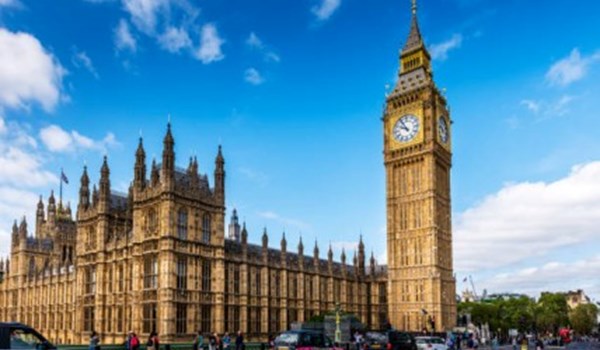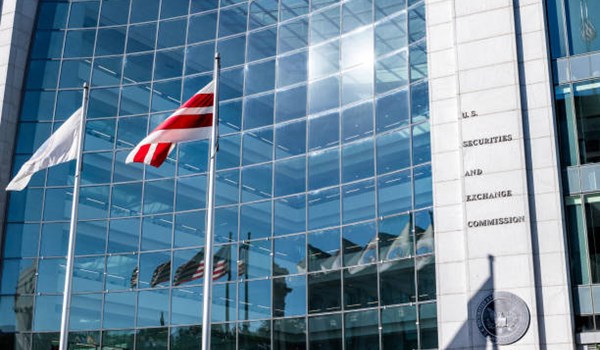The Financial Action Task Force has confirmed that it will overhaul how jurisdictions will be added to the organization’s grey-list.
The announcement comes after Elisa de Anda Madrazo, the organization’s newly-appointed president, revealed the plans at the International Anti-Financial Crime Summit in London last week.
Under the new rules, smaller countries will not be immediately greylisted, even if they do not meet FATF criteria.
These low-capacity countries’ are those which have “financial sector assets” under $10 billion.
Jurisdictions can also meet the criteria if they are designated as “a least developed country as defined by the United Nations”.
The FATF said the exception to this would be if its members agree that a smaller country poses a “significant money laundering, terrorist financing or proliferation financing risk”.
It said in such cases, the smaller country could enter the greylist, but only after being granted “a longer observation period to work” to work on their AML issues. The FATF said that this would likely be a “two-year observation period”.
“These changes will apply for the next round of assessments,” the FATF said.
“The FATF anticipates that these reforms could reduce by half the number of low-capacity countries being listed in the upcoming assessment cycle.”
De Anda told the International Anti-Financial Crime Summit that the move was aimed at avoiding penalizing lower income countries.
Grey listed countries tend to be avoided by international investors, which can worsen the financial plight of already-struggling nations.
“Many jurisdictions which have their challenges, but are not intricate to the financial system, won’t have to struggle with an identification that brings its own consequences,” de Anda said.
However, standards are being raised for the 40 jurisdictions which are full FATF member states.
These consist mostly of larger and wealthier nations, such as the U.S. most EU countries, the UK, Japan and Singapore.
There will be a shorter ‘observation period’ for FATF members before being grey-listed, as compared to ‘low-capacity countries’.



